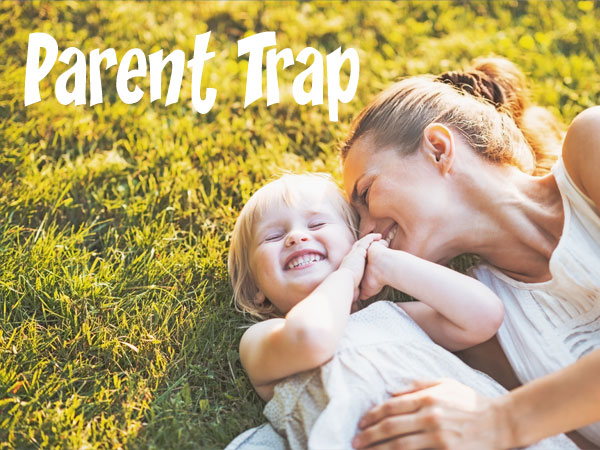Most parents get stuck on ‘the talk,’ i.e. the discussion that makes even the most hip parent a bit queasy. But I believe the majority of sex education actually should be relationship education, and that this instruction should start in the preschool years. Here are some ideas that can serve as your instruction manual.
1 | Choices build solid relationships at home: If parents are there for their children, kids grow up feeling loved, important, safe, accepted for who they are, and able to trust other people. This becomes the template for all future relationships. These teens have the best boundaries with other people, because they know they deserve to take good care of themselves.
2 | Learn relationship skills at home: Kids learn, through interactions with parents and siblings, to have a voice, be assertive, resolve their own conflicts, set boundaries, stand up for themselves, and get their needs met. They take these tools with them to school and use them with their peers, giving them the confidence that they can take care of themselves. Eventually they will employ these same skills in dating relationships.
3 | Don’t push kids to grow up! I cringe when I hear adults teasing little girls about whether they have a boyfriend. Too many girls get the message that they should have one, and if they don’t, they are abnormal and behind. Let kids come to that stage in their life when they are ready.
4 | Strengthen self-love: The more you love and appreciate yourself, the easier it is to set clear and strong boundaries, both sexually and in relationships. I like to see girls passionately engaged in an interest, because this gives them confidence, fulfillment and an identity that is not about how they look. Girls with boosted confidence don’t worry so much about what other people think of them, and don’t compare themselves to other people. They are true to themselves, and carry themselves with pride. Girls who radiate this energy usually cannot be pushed by boys.
5 | Teach teens how to connect in non-sexual ways: Deep conversations, holding hands, hugs, back rubs, sports, and trusting friendships all allow teens to feel close to people they are attracted to. Kids who have grown up in our sex-saturated culture need these alternatives.
6 | Use everyday events: A pregnant classmate, sexual situations in popular media, and news stories about naughty politicians and athletes all provide grist for the mill. Discuss these life events, ask kids what they think about them, listen to their logic without judgment, and gently, with their permission, add your wisdom and values to the mix.
7 | Trust your gut: Teach your kids how to be aware of internal alarms that go off at critical decision points, and how to get quiet and go inward in order to know what is right for them. Being aware of and trusting their intuition is perhaps the most important relationship tool in their toolbox. You want them to deal with sexuality on their terms, not under pressure from someone else.
[Tim Jordan, M.D., is a Behavioral Pediatrician who specializes in counseling girls ages 6 through college. For more information, visit drtimjordan.com.]








